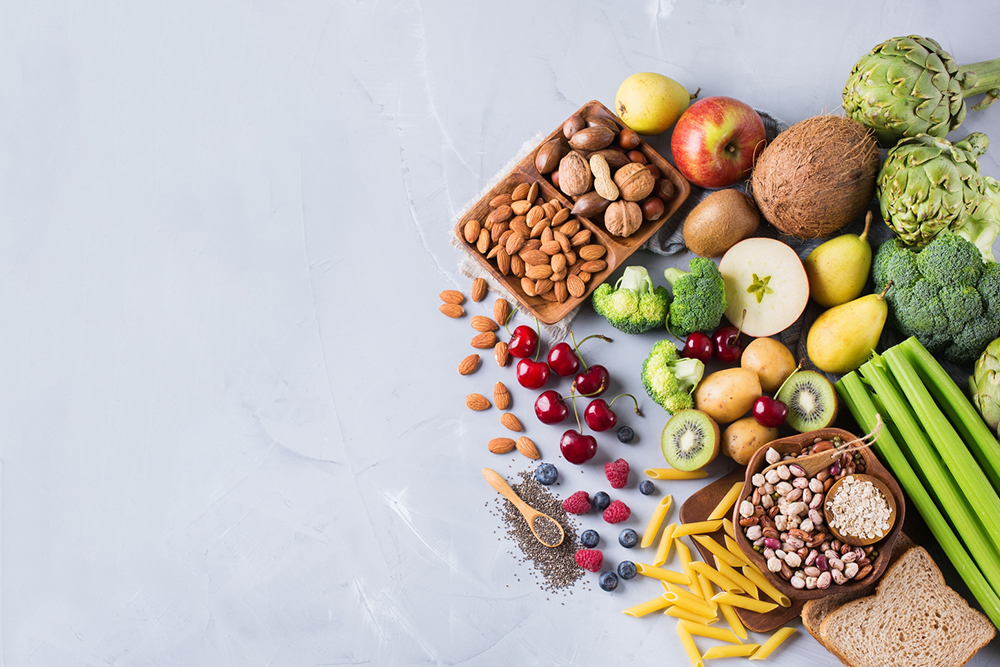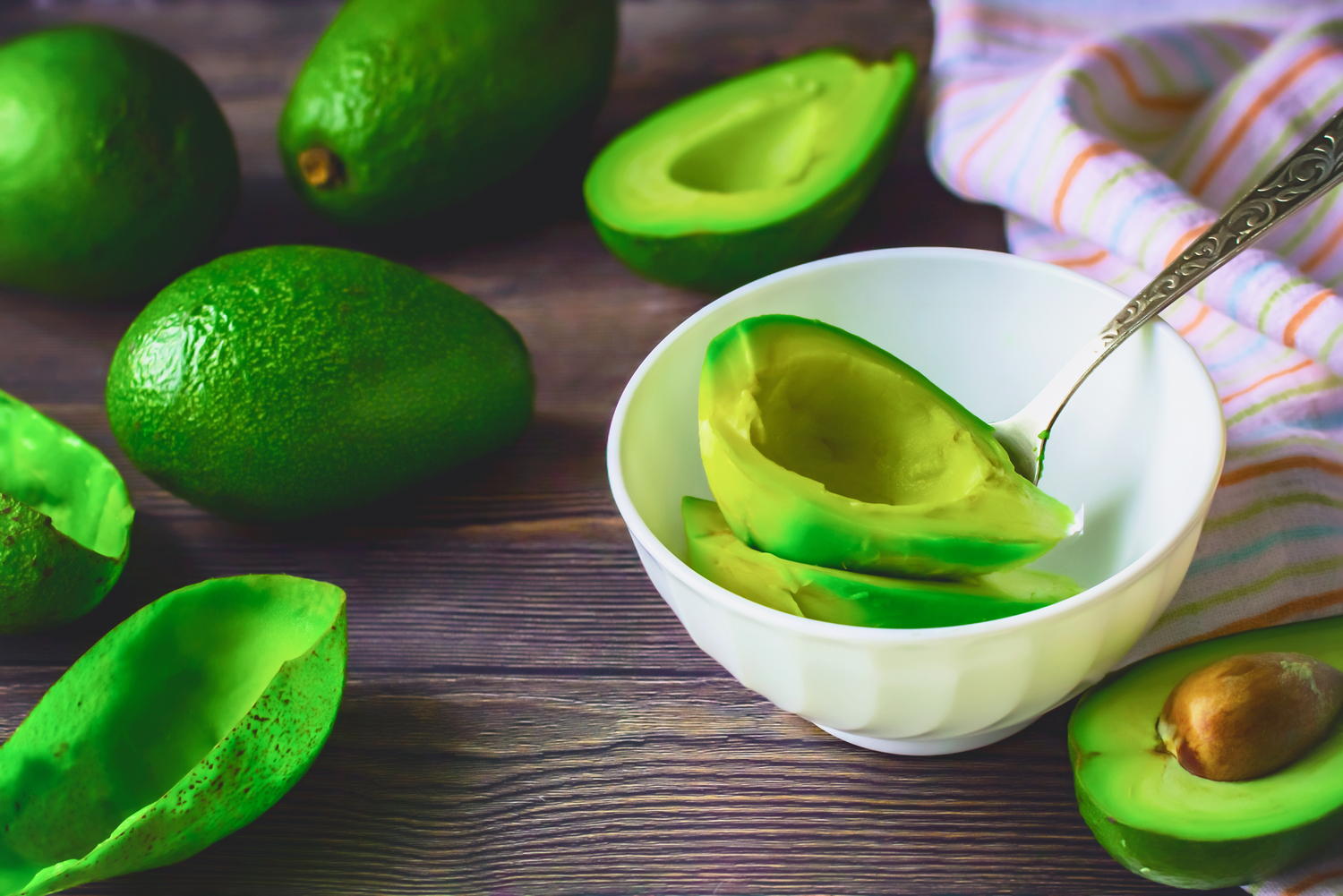Comprehensive Dietary Guidelines for Dementia Prevention and Cognitive Health Enhancement
Discover effective dietary strategies to support brain health and prevent dementia. This comprehensive guide highlights superfoods like berries, fatty fish, and leafy greens, and explains why limiting sugary and processed foods is crucial. Learn how nutrient-rich diets can help maintain cognitive function and improve quality of life. Perfect for those seeking to boost mental clarity through nutrition.

Effective Nutritional Strategies to Support Brain Health and Reduce Dementia Risk
Dementia, a complex neurodegenerative disorder characterized by memory loss, cognitive decline, and behavioral changes, continues to pose significant challenges to aging populations worldwide. According to recent statistics, approximately 5.6 million Americans aged 65 and above are living with dementia, and this number is expected to grow as the population ages. Aside from medical interventions and pharmacological treatments, emerging research emphasizes the importance of dietary habits in the prevention and management of dementia. Proper nutrition can play a pivotal role in maintaining cognitive function, slowing disease progression, and improving quality of life for those affected.
In particular, the foods consumed daily have a direct impact on brain health and longevity. A balanced diet rich in specific nutrients can help combat oxidative stress, reduce inflammation, and support neural connectivity. This article explores various foods recommended for supporting cognitive health, along with foods to limit or avoid for optimal brain function.
Key Foods That Promote Cognitive Vitality
1. Berries: Nature’s Antioxidants for Brain Support
Berries such as blueberries, blackberries, strawberries, and raspberries are among the top superfoods for cognitive health. These fruits are loaded with antioxidants, notably flavonoids, which combat oxidative stress—a major contributor to neuronal damage and cognitive decline. Regular consumption of berries has been linked to improved memory, mood, and overall brain function. Incorporating berries into smoothies, yogurt, oatmeal, or salads can be an enjoyable way to boost your daily intake of brain-protective compounds. Their natural sweetness also makes them an appealing snack suitable for individuals of all ages who are interested in maintaining their mental agility.
2. Quinoa: A Nutrient-Rich Whole Grain
Quinoa is a versatile, gluten-free pseudocereal renowned for its high nutritional content. It supplies complex carbohydrates that provide a steady source of energy to the brain, along with vital nutrients such as vitamin B complex and iron. These nutrients support neural function, improve concentration, and enhance memory. Quinoa can be easily incorporated into salads, soups, or served as a side dish, making it an excellent choice for a brain-healthy diet.
3. Fatty Fish: Omega-3 Fatty Acids for Brain Defense
Fatty fish such as salmon, mackerel, sardines, and trout are rich sources of omega-3 fatty acids, particularly EPA and DHA, essential for maintaining healthy brain cell membranes and neural communication. Regular consumption of omega-3s has been shown to reduce inflammation in the brain, protect against neurodegeneration, and support mental clarity. Incorporating these fish into meals twice a week can significantly contribute to cognitive resilience and overall brain health.
4. Leafy Greens: Essential Vitamins for Brain Preservation
Leafy greens such as spinach, kale, collard greens, and broccoli are excellent sources of vitamin E, folate, and other antioxidants. Vitamin E helps combat oxidative damage to brain cells, while folate supports DNA synthesis and repair. These nutrients collectively help lower homocysteine levels, which have been linked to an increased risk of dementia. Incorporating leafy greens into salads, smoothies, or sautéed dishes can effectively promote neuroprotection and support cardiovascular health, which is closely tied to brain wellness.
5. Green Tea: A Natural Brain Enhancer
Green tea contains L-theanine, an amino acid known for its calming effects and ability to enhance brain function. Rich in antioxidants, green tea helps reduce inflammation and may protect against neurodegenerative processes. Drinking green tea regularly can help improve focus, memory, and mood, making it a simple yet effective beverage for supporting cognitive health. Matcha, the powdered form of green tea, can be added to smoothies or used as a culinary ingredient for an added health boost.
6. Dark Chocolate: A Delicious Brain Booster
High-quality dark chocolate with at least 70% cocoa content contains flavonoids, caffeine, and theobromine—all compounds associated with improved blood flow to the brain and enhanced neural activity. Enjoying small amounts of dark chocolate regularly can uplift mood, sharpen concentration, and support memory function. It is important to choose minimally processed options to maximize health benefits and avoid excess sugar intake.
Foods and Habits to Limit or Avoid for Brain Health
1. Sugary Beverages
Sodas, sweetened fruit juices, energy drinks, and other high-sugar beverages significantly increase the risk of developing insulin resistance and type 2 diabetes, conditions strongly linked to a higher likelihood of dementia. Excess sugar intake promotes inflammation and oxidative stress, accelerating cognitive decline. Replacing sugary drinks with water, herbal teas, or infused water can contribute to better brain health.
2. Fried and Processed Foods
Fried foods such as French fries, fried chicken, and other processed comfort foods contain trans fats and unhealthy saturated fats that accelerate cellular aging and impair cognitive functions. They also increase inflammation and oxidative stress within the brain. Limiting intake of fried and processed foods and opting for baked, grilled, or steamed preparations can help maintain mental clarity and overall health.
3. Ultra-Processed Foods with Artificial Additives
Foods high in refined sugars, artificial flavors, preservatives, and unhealthy fats contribute to systemic inflammation, neuroinflammation, and neurodegeneration. Such foods—chips, candies, fast foods, and snack foods—should be minimized or avoided. Prioritizing whole, minimally processed foods like vegetables, fruits, nuts, and whole grains can significantly support cognitive longevity and reduce dementia risk.





